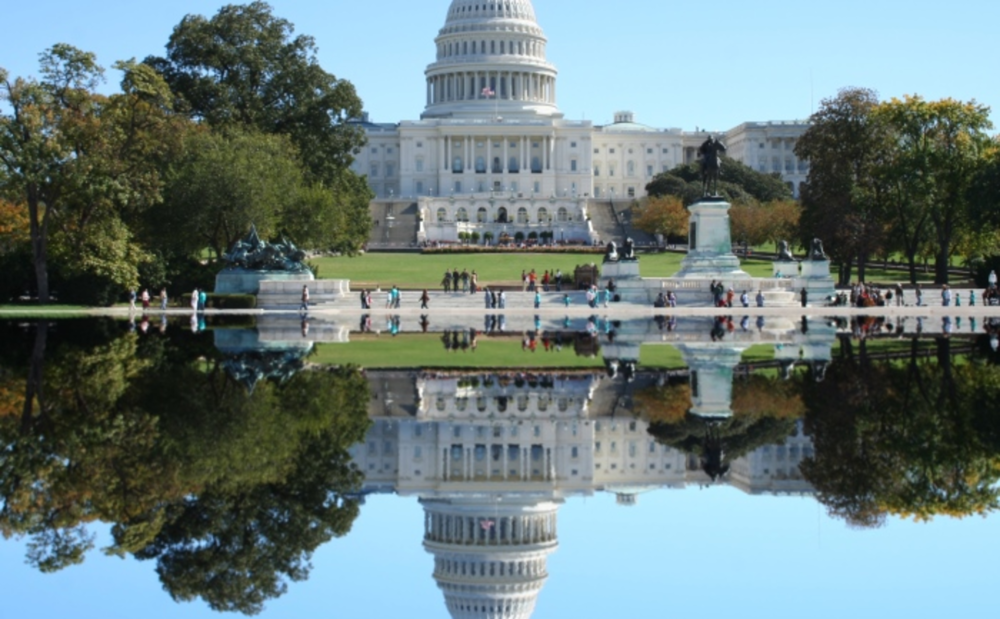At the Senate Governmental Affairs Committee hearing on the state of the Postal Service last Thursday, Chairman Ron Johnson put on his CPA’s green eyeshade, said he needed tighter financials before discussion of a postal bill could be enjoined, turned the meeting over to Ranking Member Tom Carper, and left the room. Carper then used the next three hours to make a case for the immediate passage of postal reform, a crusade the former Vietnam fighter pilot and now senator from Delaware has valiantly soldiered for three years now.
Gavel in hand, the gentle-mannered Carper wove a clock-ticking sense of urgency around his new iPOST bill. He set the deadline for its passage as the first week of April, the week that the 4.3% emergency postal rate surcharge will have collected sufficient recession-related payback to the USPS and be removed. Carper and several of the witnesses at the hearing—among them Postmaster General Megan Brennan and National Association of Letter Carriers President Fred Rolando—think baking that 4.3% into the base rate is the only way to preserve mail-as-usual.
But the other major stakeholders outside of labor and management—the mailers themselves—don’t want to be celebrating the passage of a bill on April Fools day. They want to be toasting the first postal rate reduction in recorded time. The chances that it will be they and not Tom Carper popping the cork off a bottle of Dom Perignon, they think, are quite good.
“Congress has not directly set rates since 1958. In its wisdom, Congress bowed out of rate-making because, one, it’s a very technical exercise and, two, whatever they decide is going to disappoint somebody,” says Hamilton Davison, president and executive director of the American Catalog Mailers Association.
Instead, Congress created the Postal Rate Commission, now known as the Postal Regulatory Commission. Its Acting Chairman Robert Taub—also on the witness stand last week—reminded those present that the body would be conducting an in-depth review of rates at the end of the year. Wisconsin Senator Tammy Baldwin wanted to know more from Taub about how the concept of “balancing” is applied to rate-setting.
“That’s the challenge,” Taub said. “We take the CPI system and look at it balancing nine objectives. Number five is to ensure adequate revenues for maintaining financial stability [of the Postal Service]. Number eight is to provide just and reasonable rates. Sometimes, these can be in conflict.”
They are right now, with postal rates being batted about the political arena. But should Carper’s proposal to keep the exigent rate and not allow another rate increase until 2018 even be in this bill? Some mailers think the good Senator would sooner get his bill passed and seal his legacy as a postal reformer if he were to erase that clause.
“Everything in the bill needs congressional approval except the rate. There’s a separate process for the rate, and that process is about to commence,” says Patrick Henderson, director of government affairs for Quad Graphics. “If the Postal Service wants to get Medicare, retirees’ pensions, and alcoholic beverages done, Congress should do those things, and they can get them done now.”
Henderson’s colleague Joe Schick, Quad’s VP of postal affairs, punctuates the point. “The bottom line is, if you took the exigent clause out of the proposed legislation, it would be agreed on by all three parties.”
Not all mailers are against permanently installing the exigent rate. In the interests of installing predictable rates, the Greeting Card Association (GCA) released a document listing four principles all stakeholders could agree on—one of them being Carper’s plan for exigency. Others signers of the document, in addition to the postal unions, include Capital One, Colony Brands, Harris Seeds, State Farm, and Valassis.
“When we participated in the debate over the imposition of the exigent surcharge, we predicted significant volume declines, which haven’t happened,” says GCA’s VP of Postal Affairs Rafe Morrissey. “We now have an issue of rate instability, and we have to find an approach suitable to all stakeholders. We think this offers decision-makers an approach to move forward with something that would really stabilize things.”
In Washington political reality, however, Carper’s chances of getting iPOST passed by his April deadline are just slightly better than that of the Redskins winning the Super Bowl. The Governmental Affairs committee would have to mark up the bill and get it to the Senate floor for a vote in just two months. The House would have to do the same. And the fact of the matter is, members have little taste for postal legislation.
“It’s complicated, stakeholders don’t agree, and congressional offices hear so many different perspectives their heads spin,” Davison says. “Plus, no matter how they vote, they’re going to pi– off somebody. It’s a political lose-lose.”









